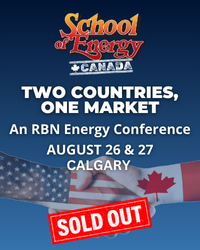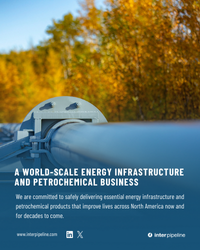The law of unintended consequences may be about to play out in society’s quest to sequester — or permanently store underground via enhanced oil recovery and other means — the carbon dioxide captured at ethanol plants, power generators, and other industrial facilities in the U.S. Why? Well, there are many legitimate, important uses for that manmade CO2, including in food processing and beverage making, among other industries, and diverting large volumes of captured CO2 from them to EOR and other sequestration methods due to highly attractive government incentives may put the squeeze on CO2 supply and send prices soaring. No one said that saving the planet would be easy or uncomplicated. In today’s blog, we discuss a possible hitch in the push to reduce greenhouse gas emissions and how it might be dealt with.
It’s not enough anymore for folks in the U.S. energy industry to track only what’s going on in the markets for crude oil, natural gas, NGLs, and refined products. Nowadays, with an increasing emphasis on decarbonization and ESG, it’s also important to keep an eye on what’s happening with hydrogen and carbon dioxide. H2? It’s viewed by many as a logical, no- or low-carbon enhancement in energy markets. And CO2? Hydrocarbon producers, midstreamers, refiners, and other market players are under pressure to reduce their CO2 emissions and to mitigate the emissions they can’t avoid, spurring interest in things like carbon offsets; carbon capture and sequestration (CCS); carbon capture, use, and sequestration (CCUS); and other mechanisms for ratcheting down the release of greenhouse gases (GHGs) into the atmosphere.
For the past couple of years, we’ve been educating ourselves on H2, CO2, and other topics that have come to the fore. One thing we’ve learned is that there are a number of commonalities between these commodities and hydrocarbons, including, for example, their dependence on pipelines for cost-efficient transport. We’ve also figured out that, as with oil, gas, NGLs, and refining, the more you learn about H2 and CO2, the more you come to grasp the complexity of their markets.
Join Backstage Pass to Read Full Article











